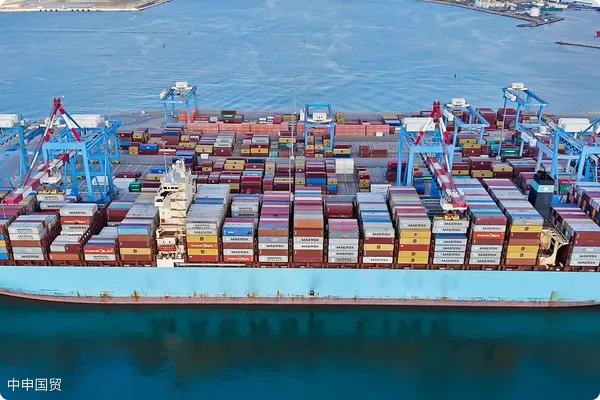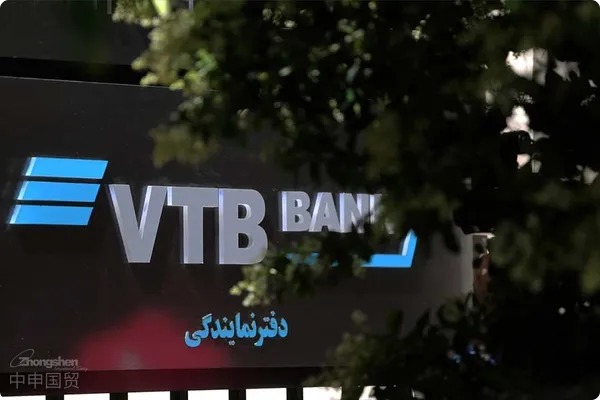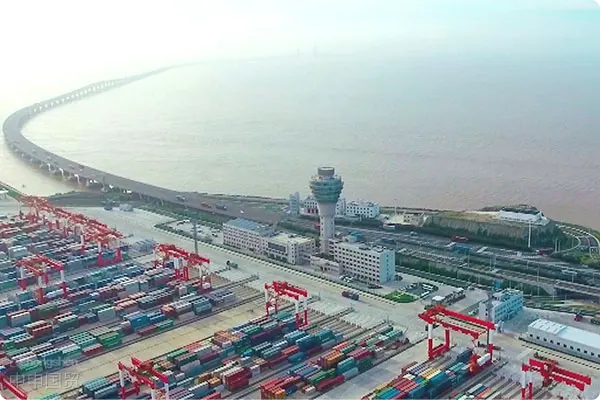- Shanghai Zhongshen International Trade Co., Ltd. - Two decades of trade agency expertise.
- Service Hotline: 139 1787 2118
Per Thai-Chinese media reports, Thailands VAT Fairness Act enacted by the Ministry of Finance takes effect July 5, 2024. This implementation means:Cross-border E-commercePlatform-sold goods priced below 1,500 THB will no longer enjoy tax exemptions, with all imports subject to a flat 7% VAT. This change aims to create fair market competition for Thai businesses, making it crucial for service providers to understand and adapt.foreign tradeservice expert with 20 years of industry experience, this article will systematically analyze the core points of clothingExport RepresentationI. Background and Purpose of Thailands VAT Fairness Act

II. Specific Requirements of the New Act
According to Thai Revenue Department officials, key requirements include:
III. Impact on Cross-border E-commerce and Importers
According to explanations from officials of the Thai Revenue Department, the main requirements of the new bill include:
- Value-added tax (VAT) scope:All imported goods, including those sold on cross-border e-commerce platforms, will be subject to a 7% VAT regardless of pricing.
- Customs responsibilities:Customs will strengthen inspections of imported goods and act as agents for collecting VAT on imports.
- Data statistics and projected revenue:Official data shows that in the first 8 months of fiscal year 2024, Thailand imported 89 million items valued under 1,500 baht each, totaling 26 billion baht. The annual import value is projected to exceed 30 billion baht, with this tax expected to generate 2 billion baht in fiscal revenue.
Increased costs
Changes in competitive landscape
Cross-border e-commerce platforms and importers will face cost increase challenges. Previously tax-exempt low-priced goods now require 7% VAT payment, which will directly affect product pricing and profit margins. Businesses need to reassess their pricing strategies to remain competitive under the new tax regime.
Compliance requirements
The new act provides a more level playing field for local Thai businesses. This means importers and cross-border e-commerce platforms must enhance their competitiveness beyond just price advantages, requiring greater investment in product quality, services, and brand building.
IV. Relevant Preferential Policies
Importers and cross-border e-commerce platforms must ensure the accuracy and completeness of their import records and tax documentation to avoid penalties for non-compliance. Regular updates and maintenance of compliance systems related to Thai customs and taxation will become crucial operational components.
The Thailand Ministry of Finance introduced the VAT Fairness Act primarily to establish equitable market competition for domestic businesses. Previously, many cross-border platforms low-price goods (<1,500 THB) enjoyed tax exemptions, disadvantaging local merchants. The Act eliminates this exemption, uniformly applying 7% VAT to all imports to balance competition between domestic and foreign businesses.
While the new act imposes higher requirements on cross-border e-commerce and importers, Thailand still offers some preferential policies to promote foreign investment and economic development:
- Free Trade Agreements (FTAs):Thailand has signed FTAs with multiple countries and regions, where goods meeting rules of origin requirements may enjoy reduced or zero tariff treatment. For example, regional FTAs with China, Japan, South Korea and other countries provide tariff preferences for relevant imported goods.
- Board of Investment (BOI) incentives:Projects meeting BOI requirements can enjoy zero tariffs on imported production equipment, machinery and components. Raw material imports for export production may also receive tariff exemptions.
- Duty-free zones:Thailand has established several duty-free zones that provide tariff exemption policies for goods imported into these areas to attract foreign investment.
Conclusion
The implementation of Thailands VAT Fairness Act marks a significant change in the countrys tax policy on imported goods. For cross-border e-commerce platforms and importers, understanding and adapting to this new regulation is crucial. Businesses must re-examine their commercial models and strategies under the new tax environment to ensure compliant operations while fully utilizing Thailands preferential policies. We recommend clients closely monitor updates from Thai customs and tax authorities to promptly adjust operational strategies in response to market changes for sustainable development.
For inquiries or further consultation, please contact professional foreign tradeimport and exportagency service teams. We are committed to providing clients with the most professional advice and support to help maintain competitiveness in global markets.
Related Recommendations
? 2025. All Rights Reserved. Shanghai ICP No. 2023007705-2  PSB Record: Shanghai No.31011502009912
PSB Record: Shanghai No.31011502009912










